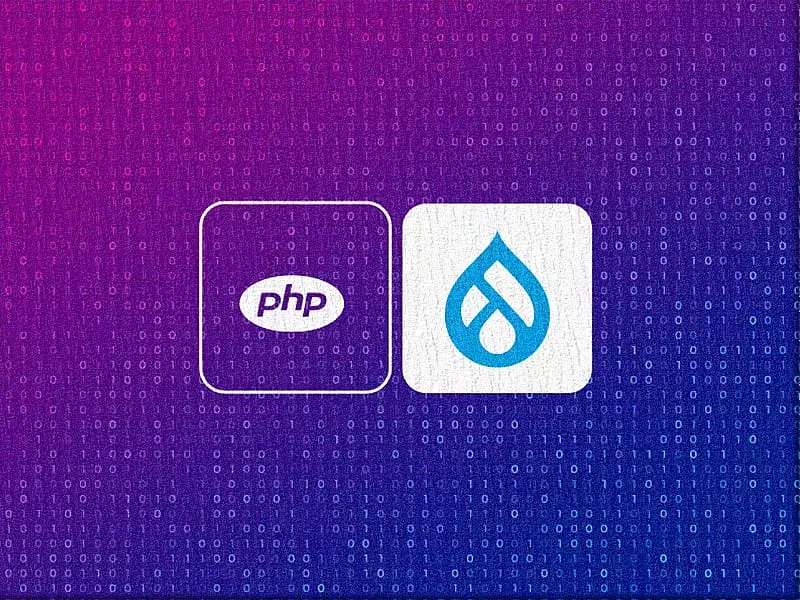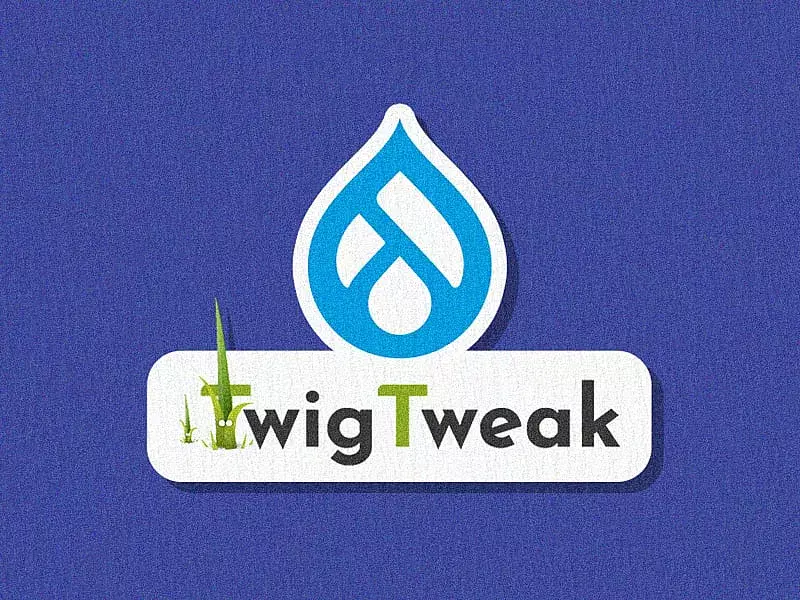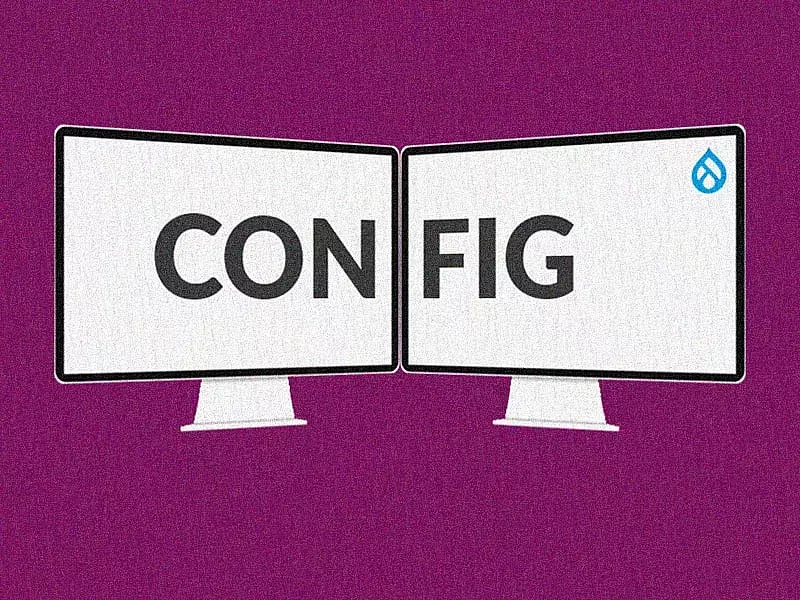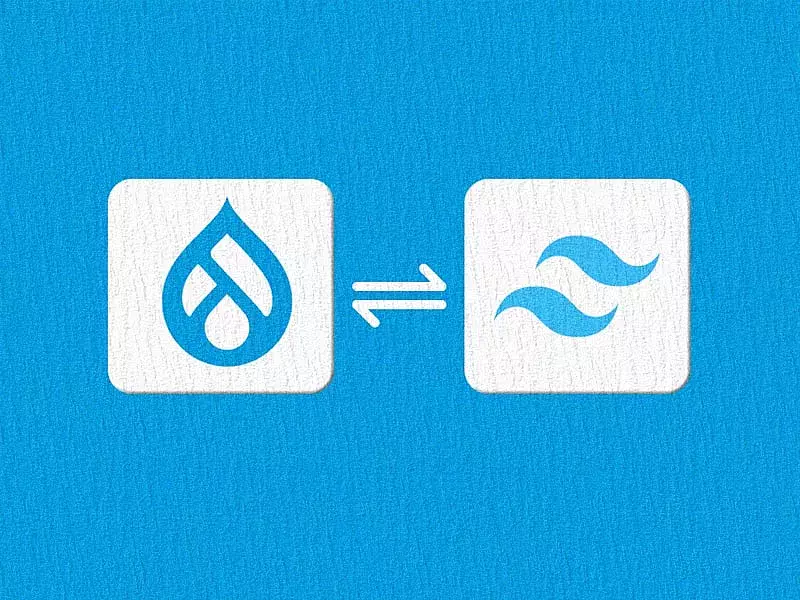Table of contents
- Why do marketers need to consider data security
- Inbound marketers need to build trust
- Clients and customers trust marketers for data security
- Travel the extra mile to keep your customer’s information safe
- 5 Security Features You Must Look for in a CMS
- Encryption
- Firewall
- Authentication
- Managed Cloud Hosting
- CDN Support
- How can you secure your CMS?
- Final Thoughts
Hey, are you doing everything you should to protect your customers’ data?
Picture this: you’ve gathered the information from your audience via your latest webinar registration page. And now, your audience keeps receiving emails they never asked for. Would they trust you, your marketing process, and your services anymore?
Absolutely not.
As the world becomes more digital and interconnected, security is becoming more and more important for businesses of all sizes. Whether you're a marketer, technologist, or just a small business owner, you can't afford to overlook the importance of strong security measures.
In fact, a recent survey found that 80% of content marketers and managers believe that security is absolutely crucial to their success. With so much sensitive data and personal information at risk, it's no wonder that businesses across industries are prioritizing security like never before.
To stay ahead of the game, companies are turning to flexible content management systems that meet their customers' needs without compromising on privacy and security. Whether you're managing customer data, creating marketing materials, or just trying to run your business smoothly, a strong security strategy is key to success in today's fast-paced digital landscape.
True, it’s not realistic to anticipate every cybersecurity issue. However, the best strategy is to take proactive measures to protect your organization's and customers’ data. In other words, secure systems should be enacted to prevent potential threats before they arise.
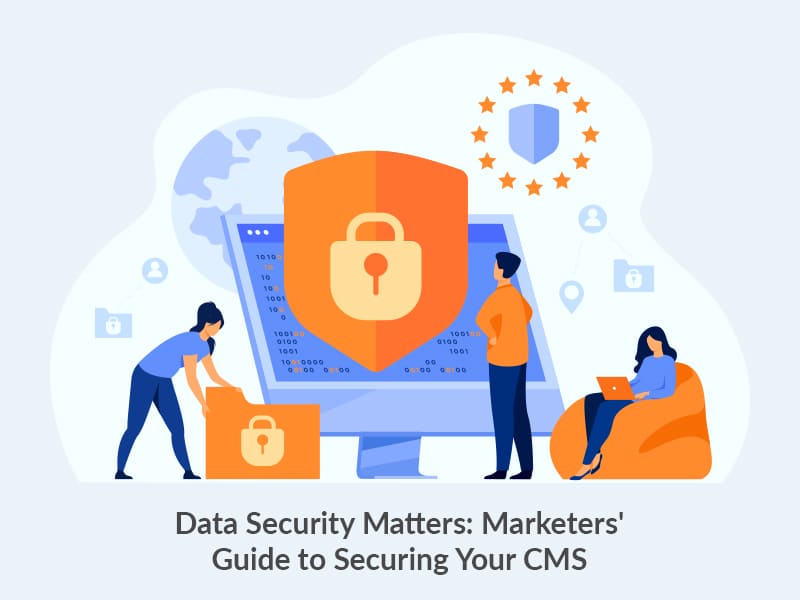
In this blog, you'll learn the importance of data security as seen through a marketer's lens. Not only will we break down why it matters, but also provide tips and tactics for protecting your information with a CMS.
Why do marketers need to consider data security
Marketers should be aware of data breaches, as protecting customer information is essential for their success. Here's why:
Inbound marketers need to build trust
Building trust with customers is a key ingredient to any successful marketing strategy. Creating strong relationships through exceptional service can transform leads into loyal customers who feel secure in doing business with you. It's not just about the sale, it's about building a rapport that goes beyond transactions.
Happy customers will not only continue to support your business, but they'll also recommend it to others. However, lose their trust and it'll be downhill from there. So, make sure you're always focused on fostering trust with your customers - it's worth it in the long run.
Clients and customers trust marketers for data security
As a marketer, you hold a special responsibility to protect the trust that your customers bestow upon you. They willingly give you their information through registration forms, webinar sign-ups, and newsletter subscriptions, believing that you and your business will keep it safe and sound. It's a sign of faith, and it's important that you honor it by safeguarding their data at all costs. After all, the trust they put in you is like a delicate flower - it only takes one wrong move to crush it irreparably.
Travel the extra mile to keep your customer’s information safe
Protecting and respecting your customers' privacy is crucial, and it's up to you to be their guardian. You can't just go around using their personal information willy-nilly - that's a big no-no. To avoid any potential kerfuffles, make sure you get their consent before reaching out to them. Being responsible with their data will not only earn their trust, but it will also make you a stand-up business. So, protect and serve - your customers will thank you for it.
5 Security Features You Must Look for in a CMS
Now that we’ve laid the background for the need for data security for marketers, here are five must-have security features you should look for in a CMS before using it.
Encryption
Ensure that your CMS has data encryption capabilities to secure stored data and content assets exchanged between systems.
Firewall
Whether software or hardware devices, your CMS’s firewall is configured to deny, permit, or proxy data via your network. It allows the data to seep through different trust levels while also reducing the intensity of security threats in your network simultaneously.
Authentication
With the authentication feature, a CMS becomes a high-security fortress, allowing you to control who has access to your content. This feature verifies the user's credentials by cross-referencing them with details stored in the system and offers cool access control options like single sign-on, SAML, and OAuth.
Take it up a notch with extra security measures, provided by OpenID and Default authentication protocols. Implementing authentication in your CMS workflows is like hiring your own personal bouncer for your website.
Managed Cloud Hosting
With managed cloud hosting, your organization’s IT department can remain carefree about its infrastructure management. Moreover, with automatic updates and regular security patches, your cloud host ensures that your security stays in place.
CDN Support
Ensure that your CMS relies on a network of servers that equip it with advanced security and better performance. CDN caches all the data with the servers distributed geographically. This way, the primary location of your data stays secure and anyone trying to access your network can only access the nearest server.
How can you secure your CMS?
When it comes to security concerns, it is highly recommended to use hack-tight security measures to secure your CMS. CMS-powered open-source websites are the most popular ones today, with WordPress, Drupal, and Joomla covering 75% of the CMS-powered website market.
Although popular, open-source websites can be vulnerable to cyber threats easily. So, here are a few ways to avoid such vulnerabilities and secure your CMS from hackers.
- Implement strong passwords at the Admin backend: Almost anybody can access your open-source website backend using /administrator. Make sure to secure your website by having strong passwords and by changing the password regularly.
- Install a firewall: Firewalls help you secure your website as well as track threatening activities and witness IP addresses of hackers.
- Back up your systems: The importance of data backup is underrated. Ensure to update your backups regularly to avoid unforeseen loss of important data.
- Build a strong security framework: Using a strong security framework allows you to comply with industry best practices, rules and regulations, and certifications, such as Safe Harbor, SOX 404, etc. Security is much more than patches to servers. It’s also about how you can control the changes made to your system, like personnel training, change in the hiring process, and media protection.
- Update your CMS: Ensure to keep your CMS updated with the latest features, bug fixes, and enhancements so that it is stable and secure. Drupal users should upgrade to the latest Drupal version (9 or 10) to stay updated on the latest features, security updates, and better integrations.
- Analyze your systems regularly: To keep your business secure, ensure that there are no risky programs installed. Utilize robust systems for software management, versioning, application, and network scanning as well as a security architecture review. Implement Intrusion Detection System sensors to remain informed about any unauthorized access attempts.
Final Thoughts
Be an Empathetic Marketer
Building a bond of trust with your audience is the backbone of marketing triumph. By providing top-notch services and earning a well-respected reputation, you can cultivate an authentic connection with potential customers.
Encourage them to express their thoughts freely so they can confidently decide whether or not to do business with you. Trust isn't built in a day, but by consistently demonstrating your expertise and professionalism, you will inevitably win their hearts and their wallets.
A CMS to help you achieve your marketing goals in accordance with your business goals is Drupal. Drupal’s security team always keeps a close watch over potential security threats and keeps your organization’s data safe from exploitable vulnerabilities. They release security patches and fixes from time to time for advanced security.
Offering transparency and assuring that your customer’s data is safe with you will encourage trust; ensure this by taking advantage of a CMS and utilizing effective marketing strategies.

